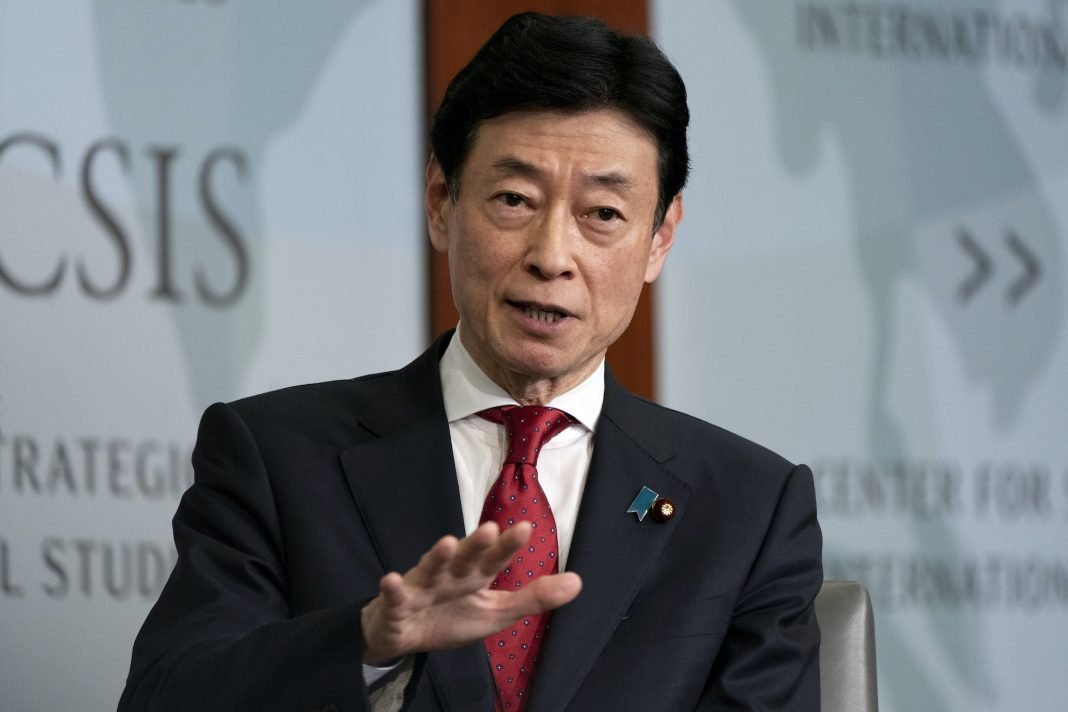Olympia, 6 January 2023 (TDI): Japan wants the Group of Seven (G-7) advanced economies to take a coordinated approach this year towards China. This is aimed at preventing the “economic coercion” that China has applied to some of its trading partners.
Yasutoshi Nishimura, Japan’s Minister of Economy and Trade, said in Washington on Thursday that, “Actions taken by China in recent years, such as suspending imports of Taiwanese pineapples and Australian wine, represent a “clear and present danger” for economies around the world”.
He added, “We expect effective responses to economic coercion will be a major move at this year’s G-7 summit.”
Also Read: China expresses concerns over Japan’s increasing defense budget
Moreover, Nishimura said that countermeasures may be necessary to help countries and regions that are the target of authoritarian regimes. Identifying chokepoints that could be used by such regimes would also be helpful, he said.
“We need to address the misuse of critical and emerging technologies by malicious actors and inappropriate transfers of technologies. For this, it is absolutely imperative for us to reinforce our cooperation in the area of export control” Nishimura underlined.
“We will implement strict export control grounded in international cooperation,” he added, without giving details.
World Trade Organization (WTO)
Furthermore, Japan’s Economy Chief stated that “democratic powers had made a mistake more than two decades ago in assuming that deepening economic interdependence, by bringing China and then Russia into the WTO, would “unquestionably bring about a peaceful world” following the end of the Cold War.
Also Read: China responds to US-Japan Meeting
In this regard, he underscored that “rather than prosperity helping to build peace, however, it only ended up increasing geopolitical risks”.
Likewise, he urged greater coordination among free-market democracies. This will be directed towards measures including export controls, boosting supply chain resilience, and energy security.
Nishimura highlighted that Japan, the US, Europe, and other like-minded partners need to “work hard on reform of the WTO.” This will be “one of biggest challenges we need to work toward this year,” he said.
IR Scholar








